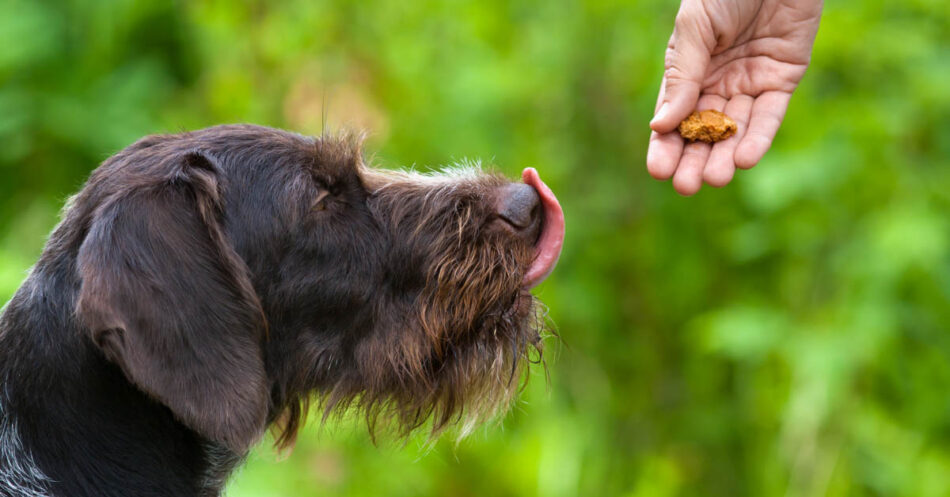
How to Treat Your Dog with Safe Foods
Lately, I’ve been snacking on red grapes — one of my summertime healthy faves. Occasionally, one or two will roll off the counter onto the floor. When that happens, Chilly springs to attention and lunges forward in hopes of capturing one of the wayward, juicy balls of sweetness.
It’s hard to believe that a little round grape can be bad for your dog, but it’s true. Grapes and raisins’ toxicity to dogs can cause the animal develop acute renal failure!
Not only are some human foods very dangerous for pets, but overindulgence in any treat — even healthy ones, is a huge problem for today’s pets.
With July 4th around the corner, many of you may be planning to entertain family and friends with summer barbeques with all the fixins. I thought this would be a good time to remind pet parents about the dangers of over-treating pets and to warn about people foods that can be potentially harmful, even fatal for dogs and cats.
Pin Me!
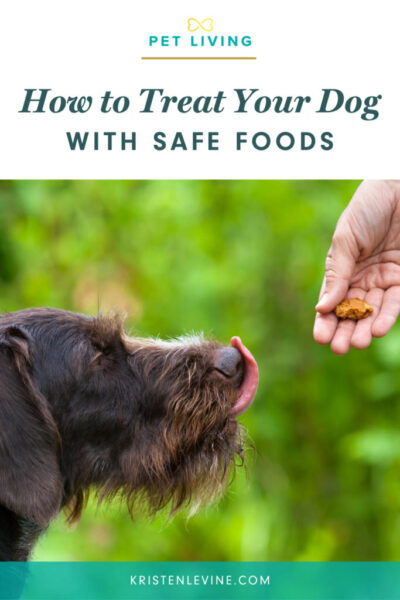
Too Much of a Good Thing
Obesity is the most dangerous problem associated with treating pets. A 2011 veterinary survey found 53 percent of adult dogs and 55 percent of cats to be classified as overweight or obese by their veterinarian. That equals 88.4 million pets that are too heavy according to veterinarians! Here’s where you can read more about the “fat gap”.
There are basically two reasons why over-treating pets can contribute to obesity. First, we rarely stop to think about proportion size of the treat before we feed it to our pet. For instance, a typical treat for a human might be two to three average sized cookies. Now, how does your pet’s size compare to yours? If you are a person weighing 150 pounds and your dog is a 15-pound pooch, he’s just 10 percent of your size. Therefore, your pet’s treat quantity should be about 10 percent of what you would consider a light snack. Do the math for you and your pet to help you properly determine a healthy treat size.
Secondly, many pet treats are packed with calories. Extra sugar and fats make them taste yummy, but add considerable calories. The average dog biscuit has approximately 70 calories. A small dog or cat may only burn 400-700 calories a day. So a few treats given a day can easily make up nearly half of the total calories they need; and that is before you even feed them their regular diet!
Treat tips
Remember, treating pets is a very good thing when you practice moderation, proper portions and types of treats. Follow these tips to treat your pet right:
- Ask your veterinarian how many calories your pet needs per day. Then add up the calories his/her food provides and never let treats exceed daily caloric needs.
- A good rule of thumb, don’t let treats equal more than 10 percent of pet’s daily diet.
- Choose treats specially made for your type of pet. Speciality stores offer formulations for all kinds of animals including dogs, cats, ferrets, reptiles, birds and more. Consult your veterinarian if your pet has food allergies or special dietary needs.
- Don’t fill pets up on treats before mealtime.
- Look for snacks that benefit your pet’s overall well being. There are many ‘all natural’ selections containing no preservatives. Healthy morsels might include cat treats that prevent hairballs, treats that clean teeth, treats with added vitamins, minerals and antioxidants. An arthritic pet can benefit from treats with glucosamine added.
- Fresh veggies are good snacks for pocket pets like gerbils, hamsters, guinea pigs, etc. Always consult with your veterinarian first to make sure the foods are acceptable (for instance, bet you didn’t know lettuce can cause diarrhea in rabbits!)
Dangerous Foods for Pets
Veterinarians warn that the following foods have been identified as potentially toxic, even fatal to dogs: alcohol, avocados, bones, caffeine, chocolate, corn on the cob, dairy, macadamia nuts, fatty, moldy or spoiled foods, onions, pitted fruits, raw eggs, grapes and raisins, salt and yeast dough.
For more people food no-no’s for pets, visit WebMD’s slideshow of foods your dogs should never eat or check out this helpful infographic from HerePup.
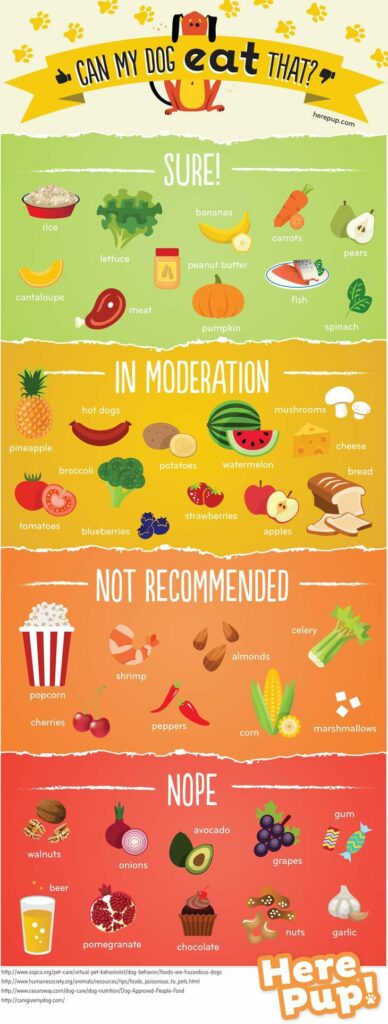
What food has your pet instead that made them ill?



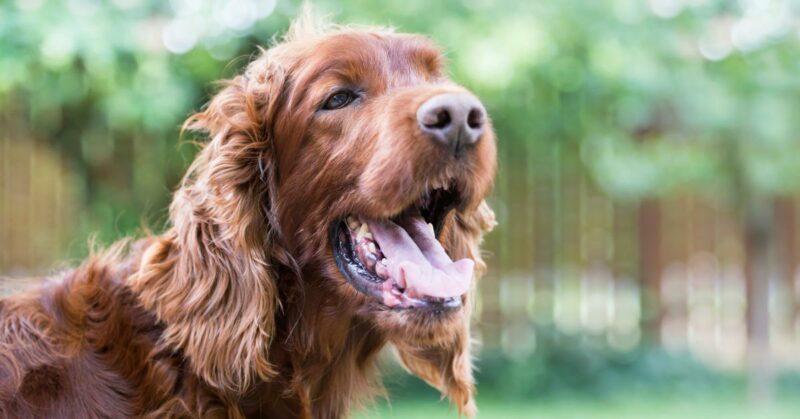
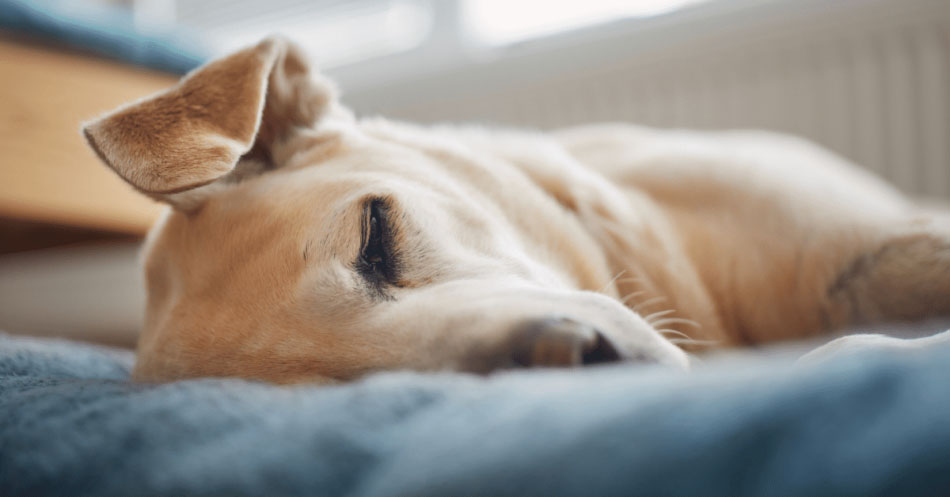
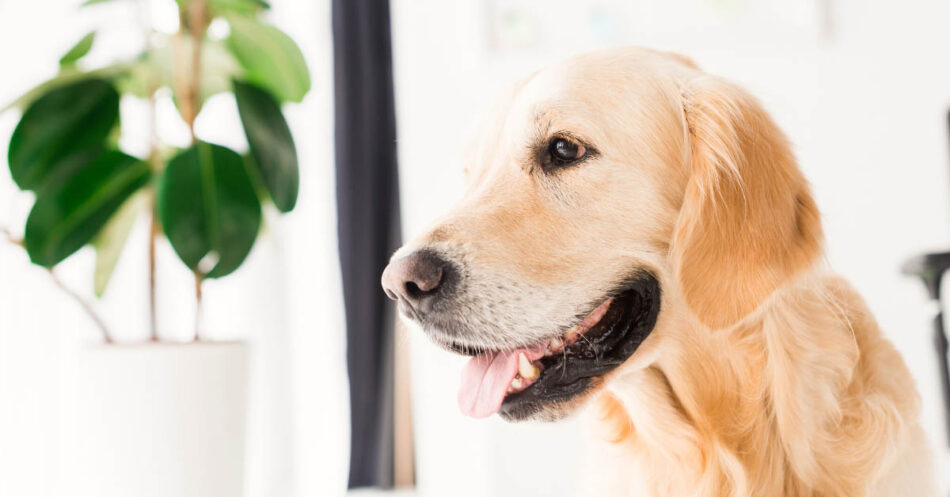
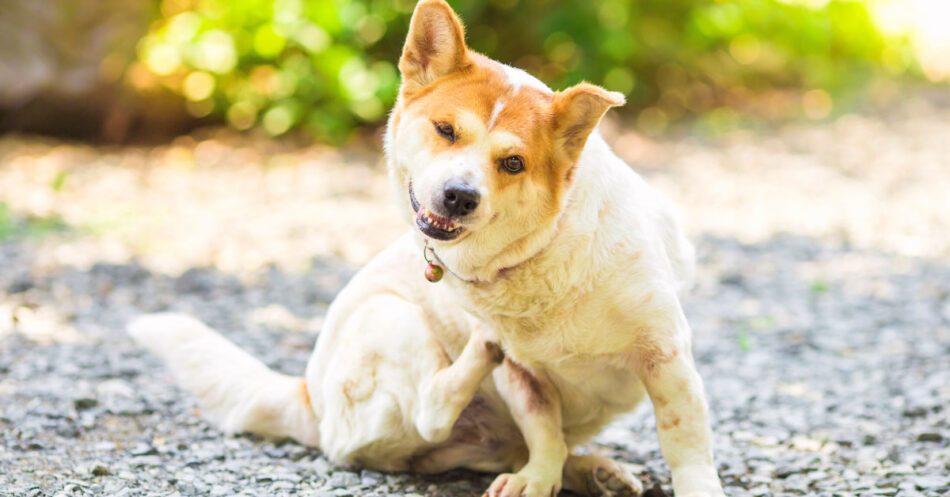
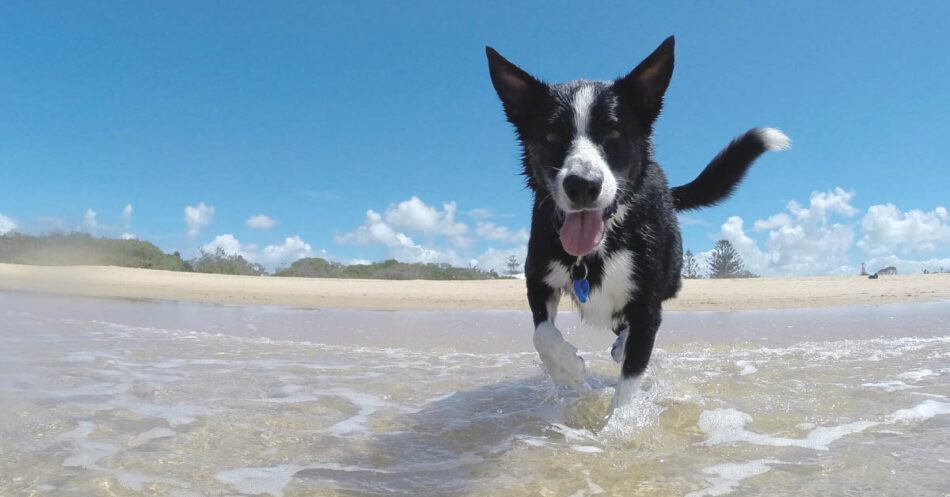
Comments (0)